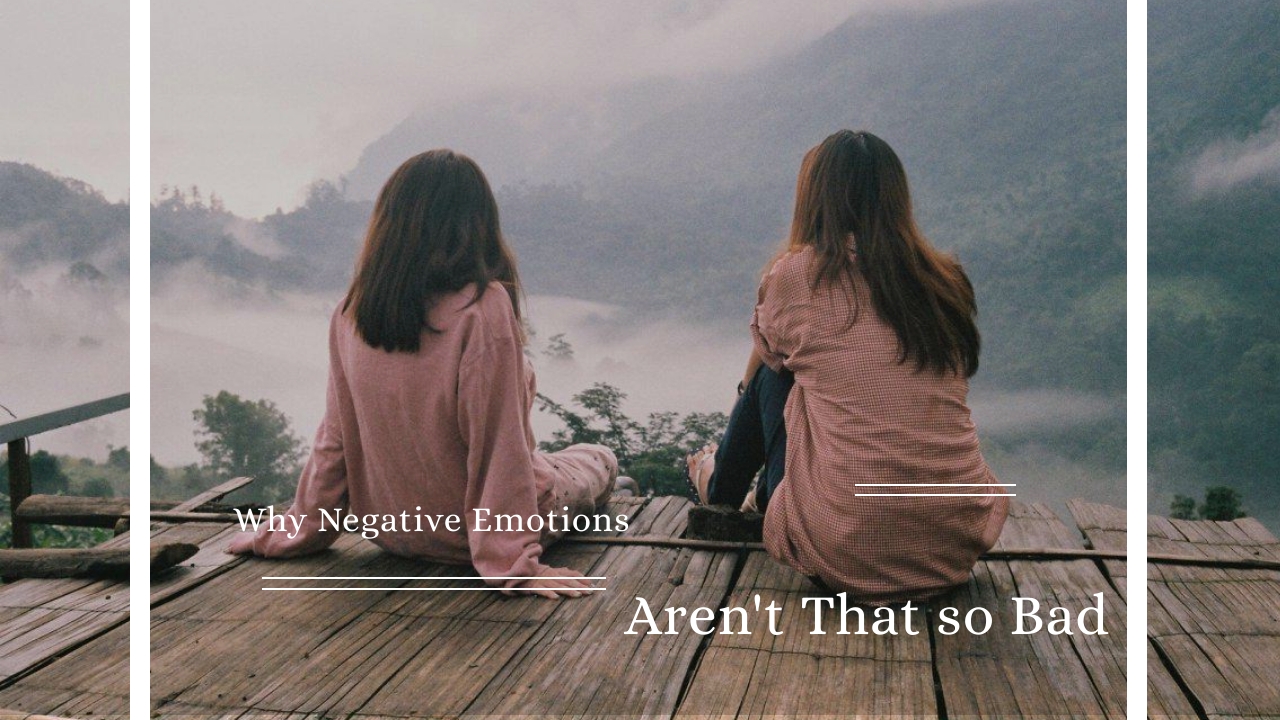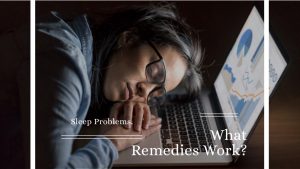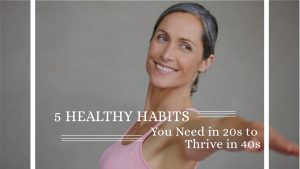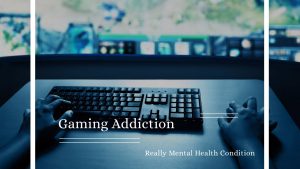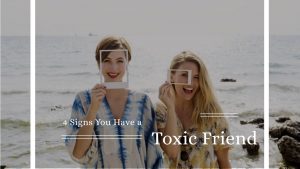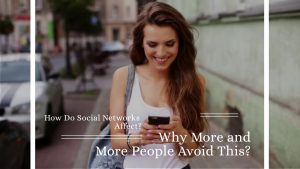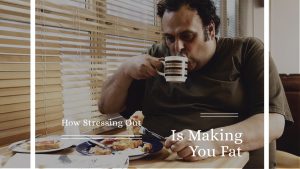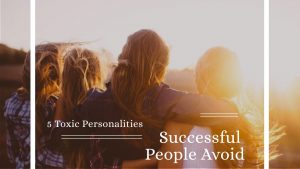We have always an adverse reaction to negative emotions. We never liked feeling sad, mad or scared. We prefer things to be positive and cheerful. May be you grew up in a family who focused on being positive and encouraging.
You have always known, but maybe never fully understood. Anxiety was a symptom. A symptom that something wasn’t working in your life. It nature’s way of telling that you was off track. You don’t taking great care of yourself and you need to slow down.
Remember that negative emotions are neither good nor bad. They are not actually negative; they just feel that way. They are part of life, of being human.
We need to provide space to allow that life is going to be difficult, challenging and incredibly hard sometimes, which leads to uncomfortable or negative emotions. We need to learn to acknowledge, embrace and understand what those emotions are trying to tell us. We need to learn the power and value of these emotions.
Before we dive into this further, you must to know these are experiences. In a world where we are encouraged to be present, grateful and happy, perhaps we are doing ourselves a disservice by not talking about the fact that negative emotions are a natural and unavoidable part of life. This leads us to feel even worse when we do feel them. Experiencing different ‘moods’ is all part of being human.
If you research the purpose positive and negative emotions, they all have one thing in common. They have served an evolutionary purpose for our survival, health or well-being.
For example, fear is our signal that something is wrong and protects us from danger and allows us to survive. Sadness enhances feelings of connection and empathy and builds community. Disgust provides an adverse reaction and steers us away from things that could cause harm or be contagious. Guilt urge us to do the right thing and correct our wrongs. Anger is a protection mechanism that inspires action and causes us to do something to change a situation.

